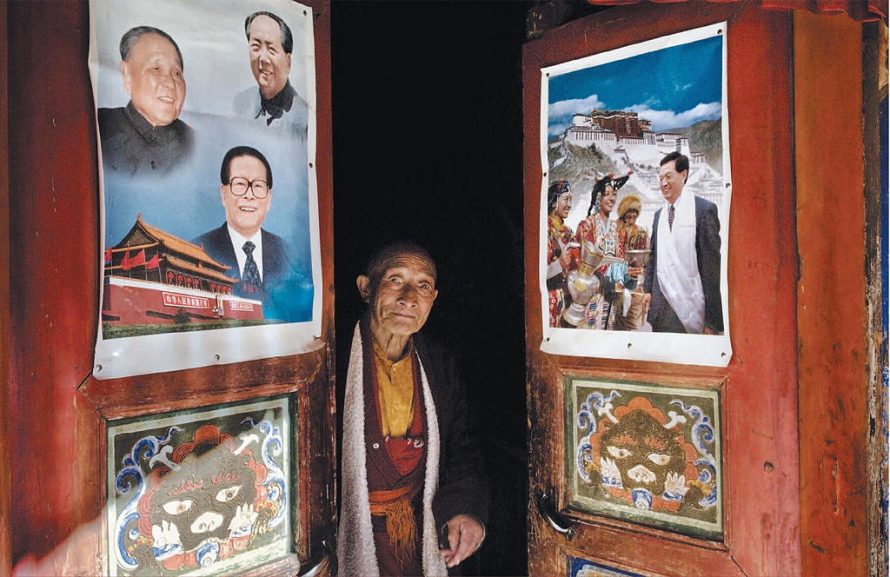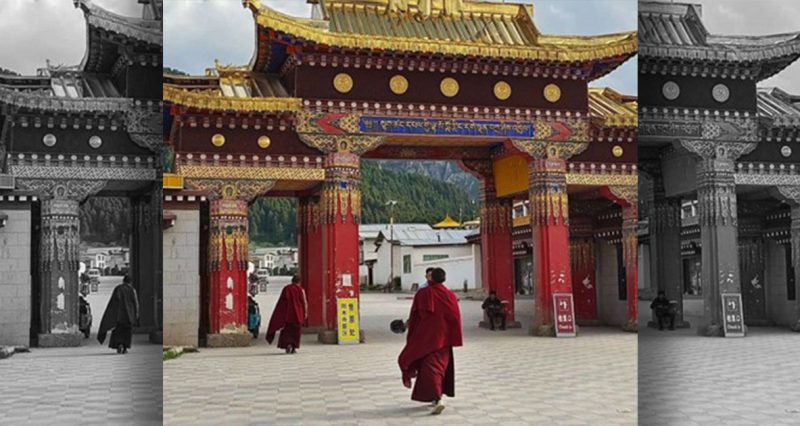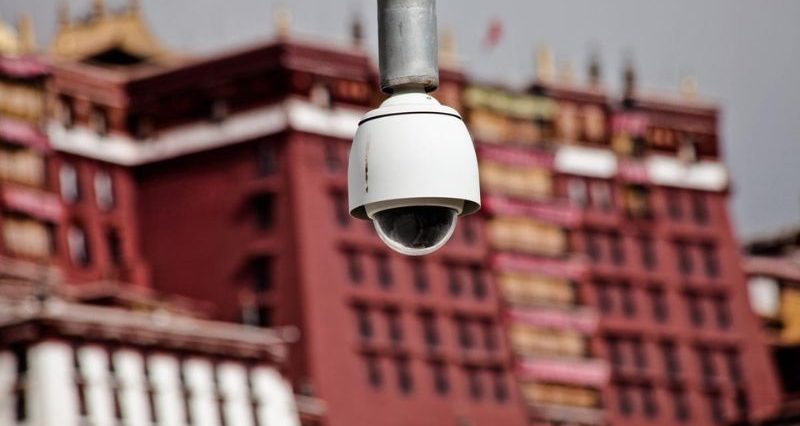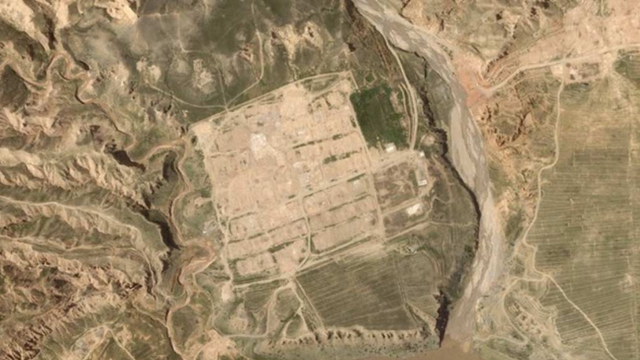In recent years, the Chinese government has tightened its control of Tibetan Buddhism, which it sees as a threat to the Chinese state because it is an expression of a distinct Tibetan identity, and because Buddhist institutions have the potential to unify and empower individuals outside the Party state.
Under President Xi Jinping in particular, Tibetan Buddhism has been the main target of proactive policies aimed at “Sinicizing” religion, meaning to shape religion to the diktats of the Chinese Communist Party for political purposes. To do so, the Chinese government has created an authorised catalogue of verified ‘living Buddhas’, halved the 10,000 resident population of the Larung Gar Buddhist Academy, increased “political re-education” campaigns for monks and nuns, and formal training for Tibetan Buddhist teachers and cadres posted to monasteries. In addition, the authorities have adopted a number of laws and measures equating ‘terrorism’ with an undefined ‘extremism’ linked to religion, thereby creating a more dangerous political environment for monks, nuns and lay Buddhists.

At the same time, small acts of religious freedom – including worship of the Tibetan spiritual leader the Dalai Lama – are still criminalized in most parts of Tibet. Restrictions on religious practices have been placed on government workers, with many threatened with losing their identity cards, social benefits and jobs, and controls on children participating in religious activities have been strengthened. As part of its objective to contain and control Tibetan Buddhism, the Chinese state has also indicated plans to appoint its own reincarnation of the 14th Dalai Lama, in total contravention to Buddhist religious tradition and the fundamental right of Tibetan Buddhist communities to follow their own spiritual process without government interference.
Related news and resources

Monastic schools in Ngaba targeted amid crackdown on Tibetan-language education
In yet another assault on Tibetan language in eastern Tibet, Chinese authorities have forcibly removed younger monks from the Taktsang Lhamo Monastic School and pressed them into state-run schools over recent months.

Surveillance in Tibet: ICT delivers remarks at 6th International Religious Freedom or Belief Alliance Ministerial Conference in Berlin
Kai Mueller, Executive Director of ICT Germany, addressed the 6th International Religious Freedom or Belief Alliance Ministerial Conference in Berlin last week, raising the dystopian proportions of surveillance in Tibet, particularly in Tibetan Buddhist monasteries.

China Misuses Law to demolish historic Atsok Monastery for dam construction
The Chinese government has demolished the 135-year-old Atsok Monastery in northern Tibet to make way for the construction of a hydroelectric dam. The monastery had previously enjoyed protected status as a cultural heritage site, but this status was unilaterally revoked by Chinese authorities in order to push the demolition forward.